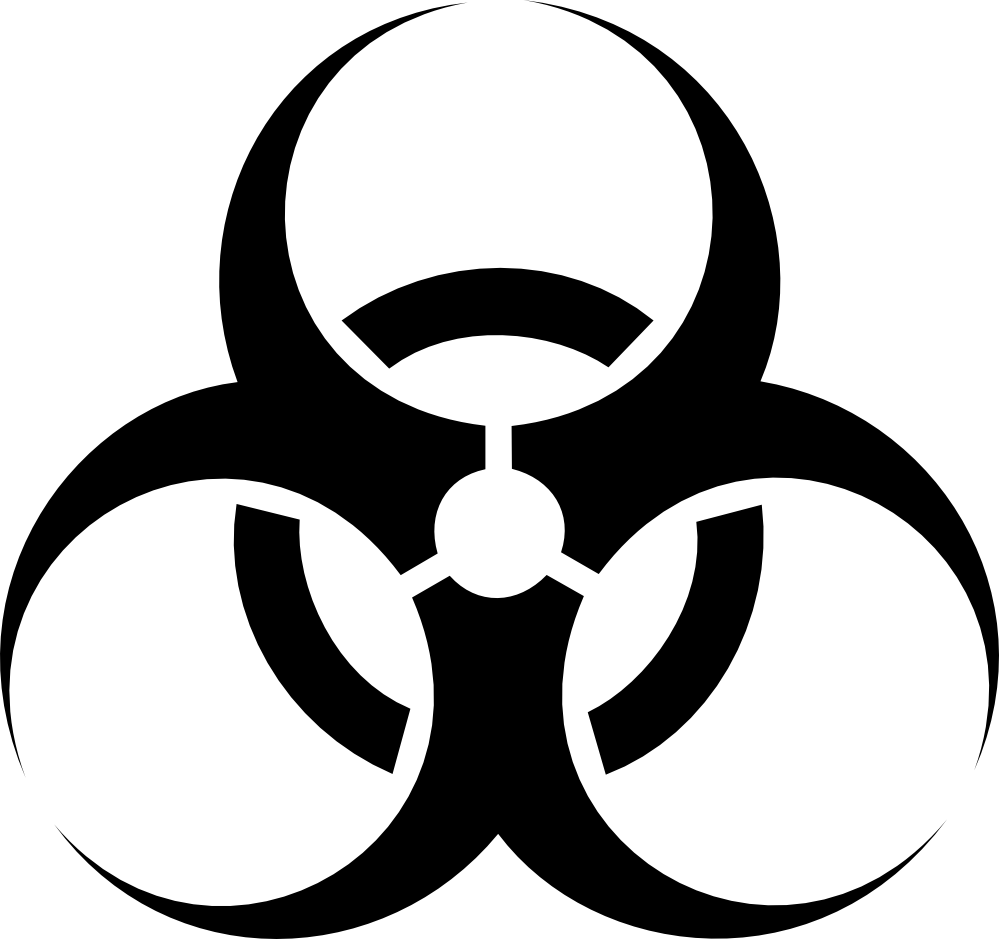Resources with keywords: rickettsiae
Blacksell SD, Le KK, Rungrojn A, Wongsantichon J, Stenos J, Graves SR, Day NPJ
In the case of Orientia spp., most of the available information is derived from Rickettsia spp., which may not be appropriate and overstate the risks of working with this pathogen. The advent of effective antibiotic therapy and a better understanding of the true hazards and risks associated with pathogen manipulation should inform decisions, allowing a sustainable and safe work environment.
Frickmann H, Dobler G.
Reliable modes of inactivation were identified, allowing for the secure handling of rickettsial antigens for diagnostic purposes.


